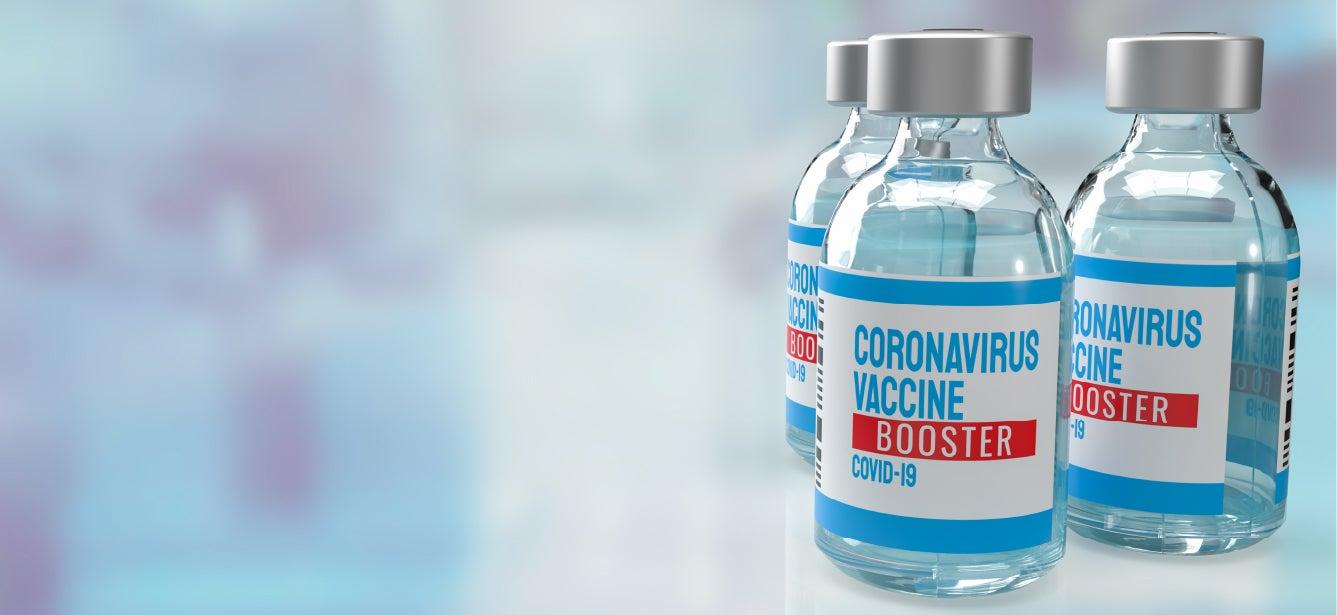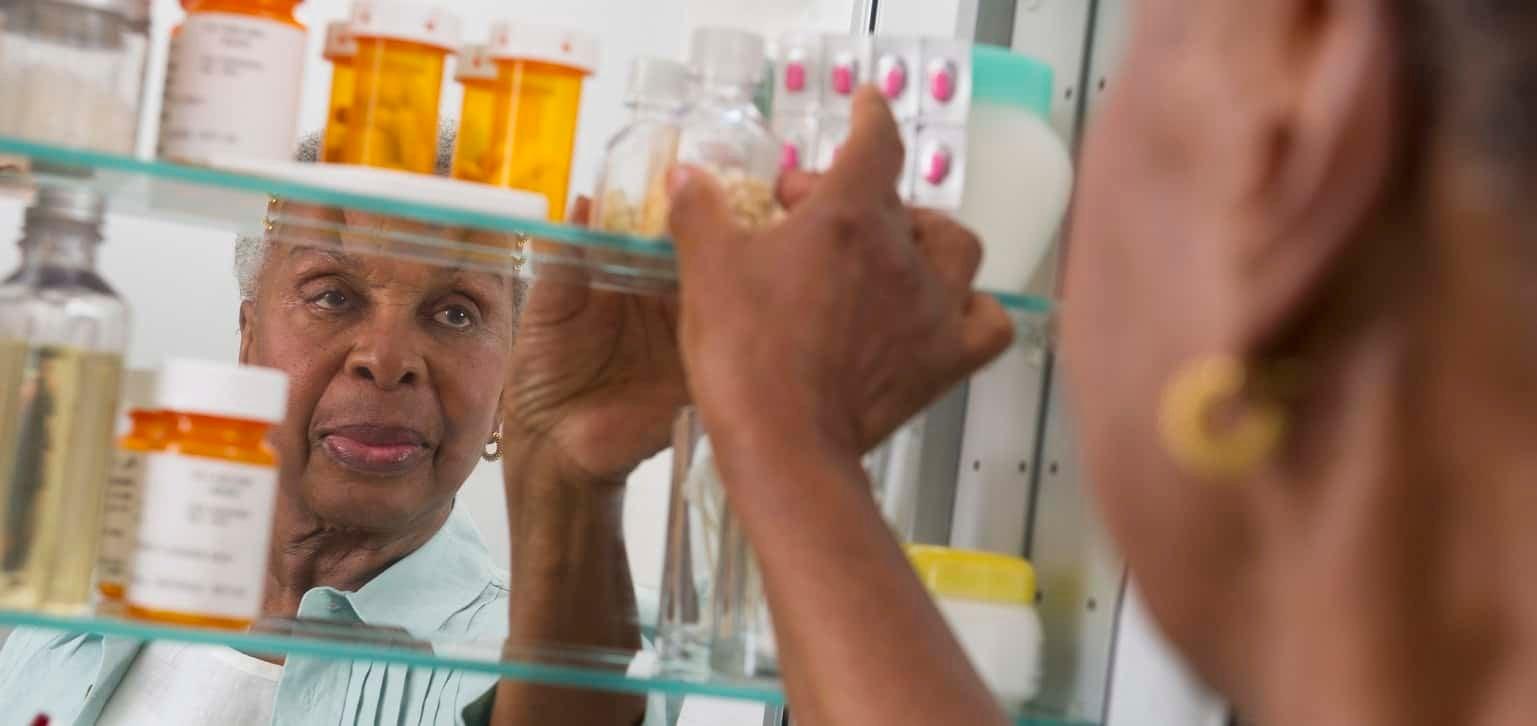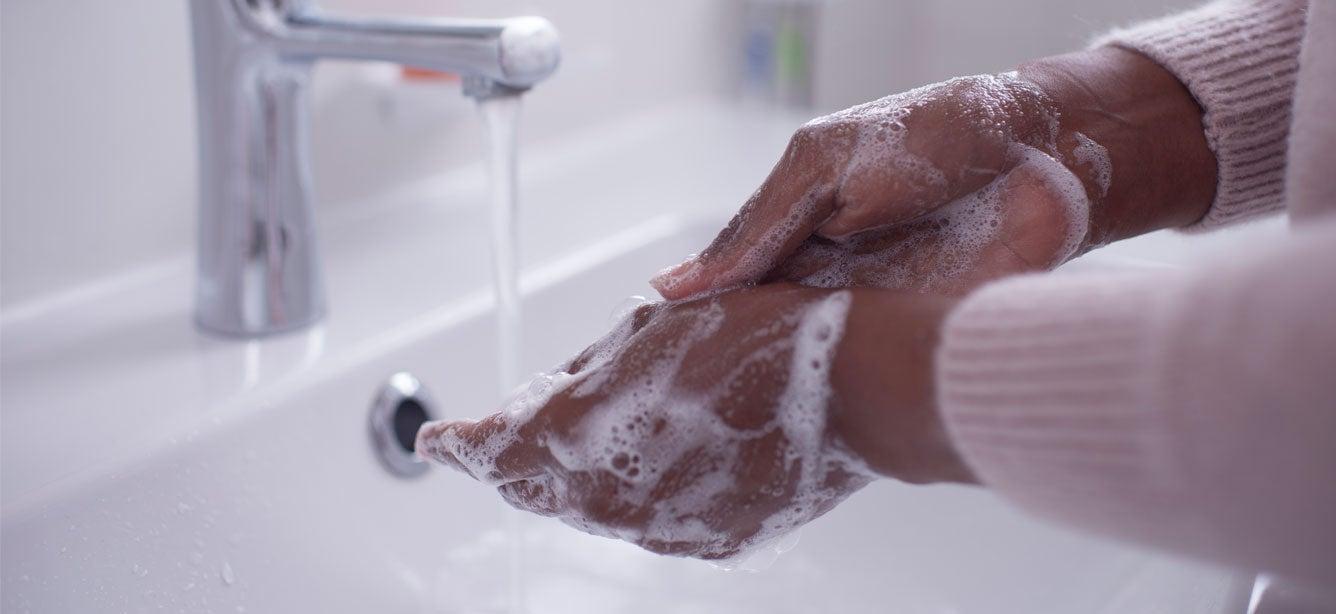
Related Topics
An important part of aging well is protecting ourselves from infectious disease—like COVID-19. Older adults continue to be at greater risk for severe COVID illness, hospitalization, and death due to weakening immunity that occurs over time. This is why getting your updated COVID vaccine is so important if you’re 65 or older or in another high-risk group.
What are the latest CDC guidelines for COVID vaccines?
On Sept. 19, 2025, the Centers for Disease Control and Prevention (CDC) Advisory Committee on Immunization Practices (ACIP) updated the COVID-19 vaccine schedule. Now, vaccination for anyone age 6 months and older is considered an individual decision to be made with a trusted health care provider.
For older people—especially those age 65+ or living with conditions like heart disease, diabetes, or lung disease—the benefits of vaccination remain strong. COVID vaccines continue to reduce the risk of severe illness, hospitalization, and death.
“NCOA supports evidence-based vaccines as a safe, effective way for older adults to protect themselves and their communities,” says Dorothea Vafiadis, Senior Director of NCOA’s Center for Healthy Aging. “We encourage you to talk with your doctor or pharmacist about your personal risks and get the updated 2025-2026 COVID, flu, and RSV vaccines. It’s the best way to protect your health, independence, and quality of life.”
Are updated COVID vaccines safe for older adults?
Yes. All COVID vaccines have gone through the FDA’s rigorous approval process, with safety tested in tens of thousands of people. Ongoing data continues to confirm their safety and effectiveness.
After your COVID shot, you may notice mild, temporary side effects—such as arm pain, fever, tiredness, headache, or muscle aches. These are signs your body is building protection and should go away in one to three days. If you have a history of severe allergies, talk to your doctor before getting vaccinated.
How long does protection from the COVID vaccine last?
Your immunity to COVID should improve within about two weeks after getting the vaccine. While this won't provide 100% protection from getting the virus, it should help reduce the severity and duration of symptoms if you do become ill. Boosted immunity from the COVID vaccine is typically strongest during the first few months.
Can I wait to get my updated COVID vaccine?
In the weeks and months following a COVID infection, your risk of getting COVID is lower. If you’ve recently been infected, you may think about delaying your vaccine dose for three months after your symptoms began or after receiving a positive COVID test with no physical symptoms.
If you or a person in your household has a high risk for severe COVID disease, or if COVID cases are high in your community, you might not want to delay getting an updated shot—even if you’ve recently been infected.
If you have multi-system inflammatory syndrome (MIS) or a history of MIS, talk to your health care provider about whether you should receive your updated COVID vaccination.
Your doctor can advise you on the best timing for your COVID vaccine, especially if you just received a COVID shot, you recently had a COVID infection, or you are immunocompromised.
Where to get your COVID vaccine
You can usually get vaccines at your doctor’s office, a community health center, or your local pharmacy (depending on your state). Check your pharmacy’s website to see if appointments are available—some locations may also accept walk-ins. You can also reach out to your state health department for more information.
Need help getting a covid vaccine?
- In many states, you can dial 211 to connect with essential community services.
- Reach out to organizations that support people who are homebound or provide home health services:
- The Aging Network: 1-800-677-1116
- Eldercare Locator: search by ZIP code at eldercare.acl.gov
- Disability Information and Access Line (DIAL): 1-888-677-1199 or emailing DIAL@n4a.org
- Medicare hotline: 1-800-633-4227 (TTY 1-877-486-2048)
If you or someone you know has a disability, DIAL can help you find COVID vaccine support.
Good news: If you have Medicare, your COVID-19 shot should be free.
Vaccines can protect against long COVID
Some people who have been infected with SARS-CoV-2 (the virus that causes COVID) can experience long-term effects from their infection, known as long COVID or post-COVID conditions (PCC). Long COVID is broadly defined as signs, symptoms, and conditions that continue or develop after acute COVID infection. These issues can last for weeks, months, or even years.
Research suggests that people who get a COVID infection after vaccination are less likely to report long COVID, compared to people who are unvaccinated.1 That’s another great reason to get vaccinated.
Help spread the word: the COVID vaccine saves lives
There’s so much we can do to protect ourselves against the virus—including washing our hands frequently and staying-up to date on our vaccines. You can also choose to wear a well-fitting mask in public spaces to decrease your risk of contracting a respiratory illness.
Talk with your doctor about ways to reduce your COVID risk, including getting vaccinated. Today’s vaccines are rigorously tested to ensure they’re safe and effective—and they save lives!
“COVID continues to pose a threat to older Americans,” says Josh Hodges, NCOA’s Chief Customer Officer. “Keeping up to date with your vaccines is an easy yet powerful way to protect yourself, your family, and your community.”
Source
1. Alexandra R Marra, et al. The effectiveness of COVID-19 vaccine in the prevention of post-COVID conditions: a systematic literature review and meta-analysis of the latest research. Antimicrobial Stewardship & Healthcare Epidemiology. Oct.13, 2023. Found on the internet at https://www.cambridge.org/core/journals/antimicrobial-stewardship-and-healthcare-epidemiology/article/effectiveness-of-covid19-vaccine-in-the-prevention-of-postcovid-conditions-a-systematic-literature-review-and-metaanalysis-of-the-latest-research/A0B115B5D3AA60846799857B801D116E



